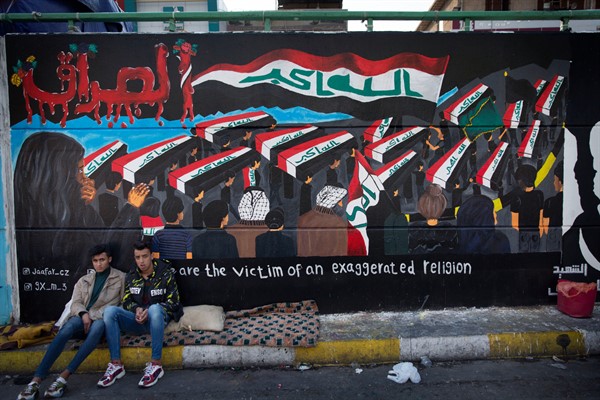Editor’s note: This is the web version of our subscriber-only weekly newsletter, Middle East Memo, which takes a look at what’s happening, what’s being said and what’s on the horizon in the Middle East. Subscribe to receive it by email every Monday. If you’re already a subscriber, adjust your newsletter settings to receive it.
As negotiations over the future of the Iran nuclear deal finally began in earnest in Vienna last week, reports emerged of direct talks between Saudi Arabia and Iran, seemingly reflecting a potential shift in regional dynamics. The meetings were purportedly hosted by Iraq, a country whose own security is inevitably linked to the trajectory of other regional rivalries. The talks themselves were denied by both Saudi Arabia and Iran, so it is unwise to draw far-reaching conclusions about their importance. Even if their existence is eventually verified, expectations about their potential impact should be tempered. Nonetheless, such contact should be happening and would be a genuinely welcome development.
Diplomatic relations between Riyadh and Tehran were cut in 2016 following Saudi Arabia’s execution of a Shiite cleric and the storming of the Saudi Embassy in Tehran by protesters in response. The utility of direct Saudi-Iranian contacts is reflected in the number of so-called Track II initiatives in recent years that have sought to bring non-governmental representatives from the parties together for unofficial talks.

